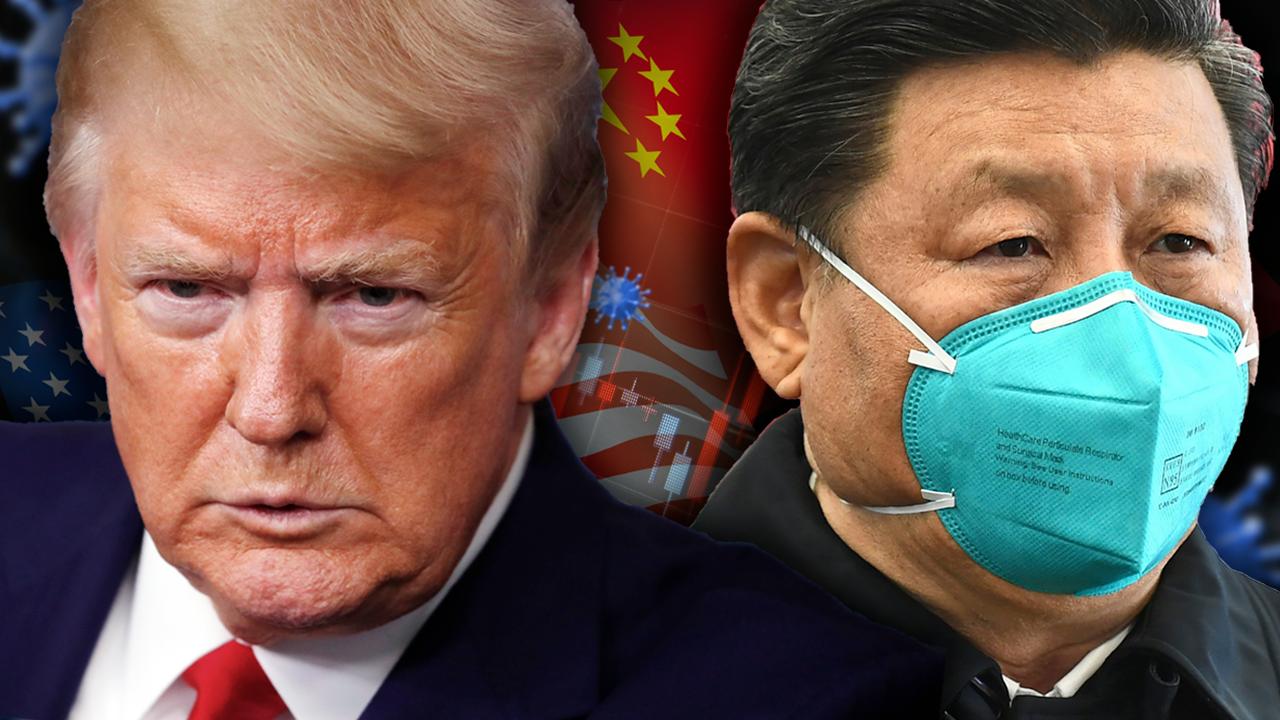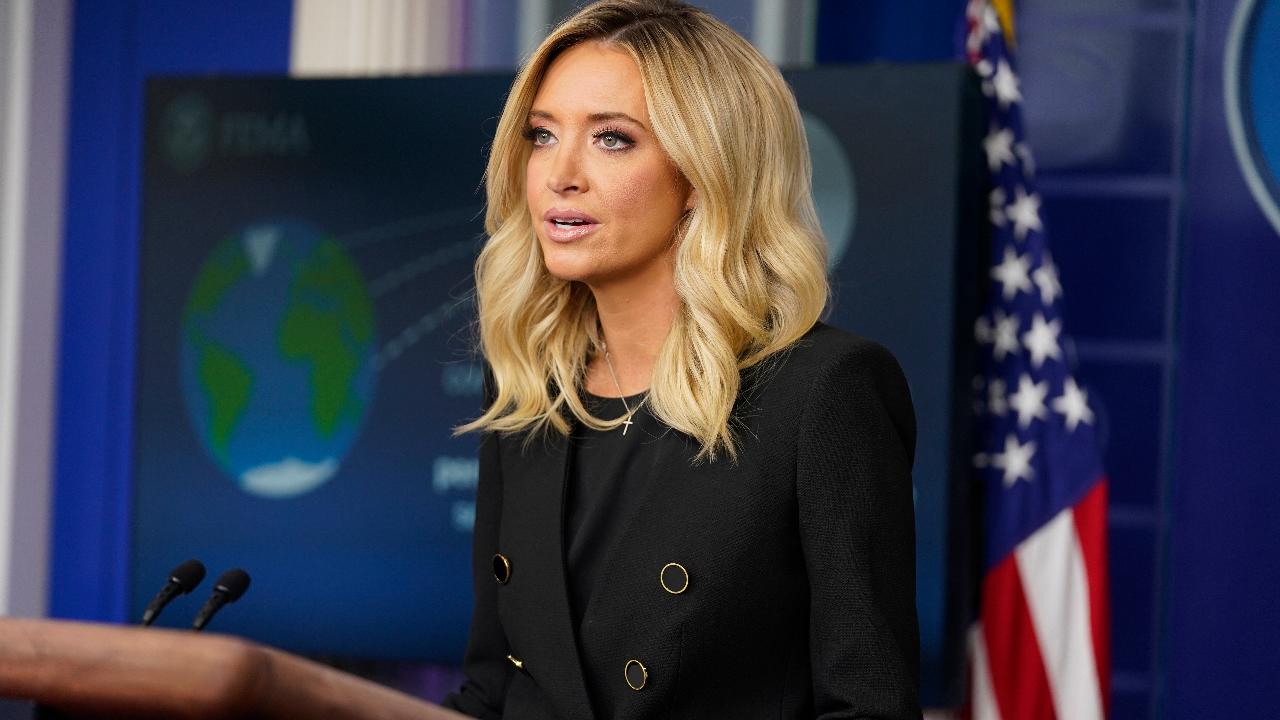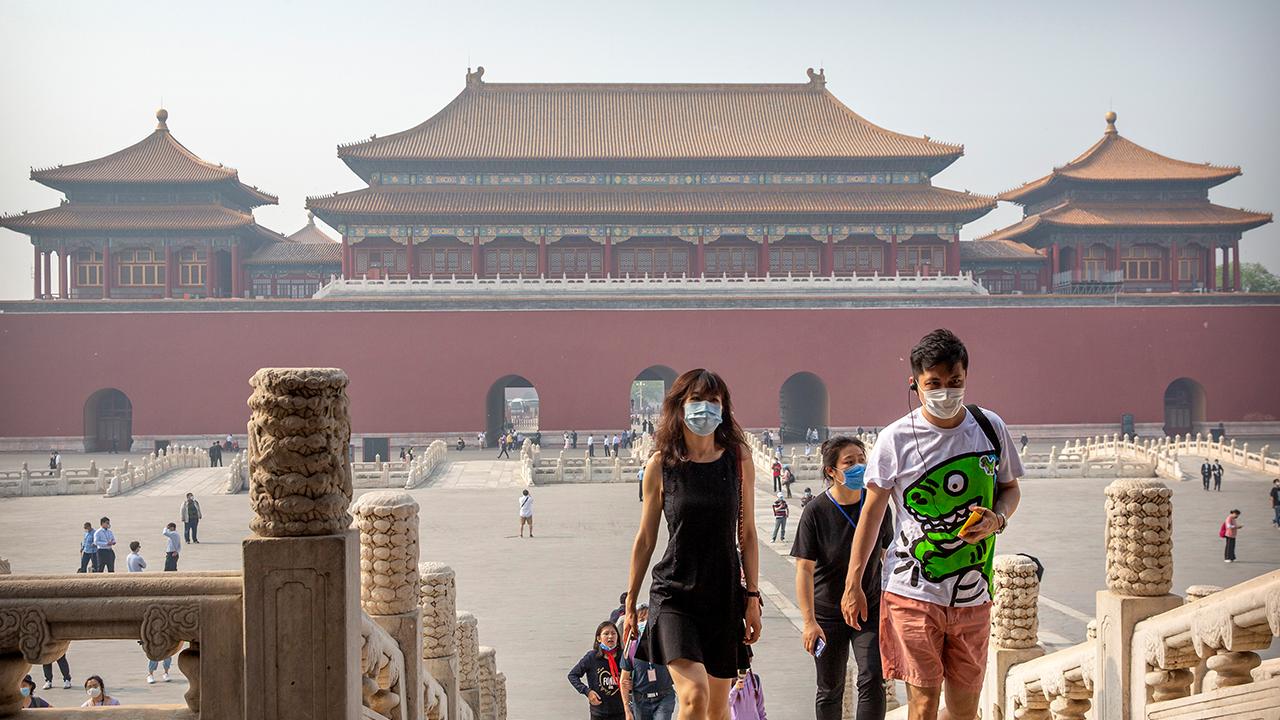China operating more like trade enemy than trade ally: Bill Hagerty, Andy Puzder
China's Communist regime is steadily expanding its reach at the rest of the world’s expense
Get all the latest news on coronavirus and more delivered daily to your inbox. Sign up here.
President Trump and his administration have done an extraordinary job in slowing the spread of the coronavirus by taking early action to ban travel with China and providing detailed guidelines to both mitigate the spread of the virus and reverse its devastating economic impact.
But make no mistake, the efforts of China’s communist overlords to conceal and destroy evidence regarding COVID-19; including silencing their own people, expose this regime’s true intentions: to preserve their power and evade responsibility for their gross misconduct. Communist leaders prioritized regime control over the safety of the Chinese people, the world’s health, and the global economy.
CORONAVIRUS PANDEMIC HIT HALF OF AMERICANS' FINANCES, POLL FINDS
This isn’t the first time it has been necessary for President Trump to stand up to the Communist Chinese regime.
He kept his campaign promise and took on their unfair trade practices, which included heavy subsidies for China’s state-controlled industries, forced technology transfers for firms seeking access to China’s domestic markets, and outright theft of intellectual property. Using targeted tariffs, President Trump pressured China to end its abusive trade practices. The Communist leaders finally came to the negotiating table and signed the historical “Phase One” trade deal with America.
As we wrote in the Wall Street Journal in January, in addition to its pledge to increase purchases of U.S. manufactured goods, agricultural goods, energy products, and services, China agreed to “structural reforms and other changes” in the areas of “intellectual property, technology transfer, agriculture, financial services, and currency and foreign exchange.”
It was a significant milestone for President Trump’s foreign policy agenda and a welcome victory for our American farmers who have borne the brunt of China’s trade retaliation.
TRUMP PREDICTS 'INCREDIBLY STRONG' FOURTH QUARTER
However, when asked earlier this month about maintaining China’s commitments to the Phase One trade deal, Chinese Ambassador to the United States Cui Tiankai said the economic teams for both countries should meet to “make [a] good assessment of the changing realities and coordinate our response to that.”
As far as we are concerned, there is no reason to reassess the Phase One deal. Ambassador Tiankai’s attempt to use the coronavirus -- which originated in China -- as an excuse to re-trade the deal is flat wrong. Remember, the trade agreement’s overarching aim is to reduce and eventually eliminate historically unfair and non-reciprocal trade practices.
Any attempt to reverse course from this initial step on the path to fairness and reciprocity is not the good faith action of a trade ally.
CHINA TO HOST ONLINE SHOPPING FESTIVAL TO BOOST ECONOMY IMPACTED BY CORONAVIRUS
This tactic, as suggested by the Chinese Ambassador, is particularly offensive given China’s Communist leadership’s continuing effort to cover-up the origin of the Wuhan virus.
If they fail to abide by their end of the trade deal, then China must face swift and targeted penalties, which include imposing substantial tariffs and bringing our supply chain onshore.
To be clear, China’s economy has thrived through the manufacture of American products. By bringing our supply chains onshore, we will simultaneously strengthen both the U.S. economy and our national security. It won’t be easy, but President Trump has already laid the foundation.
CORONAVIRUS-SHUTTERED TRADING FLOORS REOPEN, MAKING COMPLEX TRANSACTIONS EASIER
From the outset of his administration, President Trump set out to make America more hospitable to economic activity. The Tax Cuts and Jobs Act of 2017 lowered the corporate tax rate from the highest in the world – 35 percent -- to a more competitive 21 percent.
Candidate Trump promised to eliminate two costly and conflicting regulations for every new one. By October of 2019, his administration had eliminated 8.5 regulations for every new one, reducing the Federal Registry of Regulations by around 25 percent from a record high when President Obama left office.
In order to rebound quickly from the set-back precipitated by the Wuhan virus we must further reduce taxes for all American enterprises and continue to streamline our regulations and permitting requirements.
To encourage investment, Congress should also allow companies to deduct from taxable income 100 percent of all capital expenditures in the year they are made.
As recently stated by White House economic advisor Larry Kudlow “if we had 100 percent immediate expensing we would literally pay the moving costs of American companies from China back to the U.S."
GET FOX BUSINESS ON THE GO BY CLICKING HERE
These basic steps would enhance after-tax returns and attract more capital for investment here at home, further accelerating the movement of U.S. supply chains back from China.
Additionally, we must encourage work by targeting job training and skills development so our workforce is ready for the jobs to come.
While we work to de-risk our supply chains by bringing them onshore, we must also continue to push back on China’s aggressive expansionary efforts. Whether it’s China’s militarization of islands in the South China Sea, their use of heavy subsidies to overwhelm and take over strategic industries, or outright theft of intellectual property, this Communist regime is steadily expanding its reach at the rest of the world’s expense.
Regrettably, China’s recent actions are more aligned with those of a trade enemy rather than a trade ally. As the Phase One trade agreement implementation unfolds, we must remain vigilant and monitor China’s trade practices to ensure they remain on the right path to meet their obligations.
Bill Hagerty served as U.S. ambassador to Japan from 2017-19 and is a Republican U.S. Senate candidate for Tennessee in 2020.
Andy Puzder was chief executive officer of CKE Restaurants for more than 16 years, following a career as an attorney. He is currently a Senior Fellow at the Pepperdine University School of Public Policy.” He was nominated by President Trump to serve as U.S. labor secretary. In 2011, Puzder co-authored "Job Creation: How It Really Works and Why Government Doesn't Understand It." His latest book is "The Capitalist Comeback: The Trump Boom and the Left's Plot to Stop It" (Center Street, April 24, 2018).






















